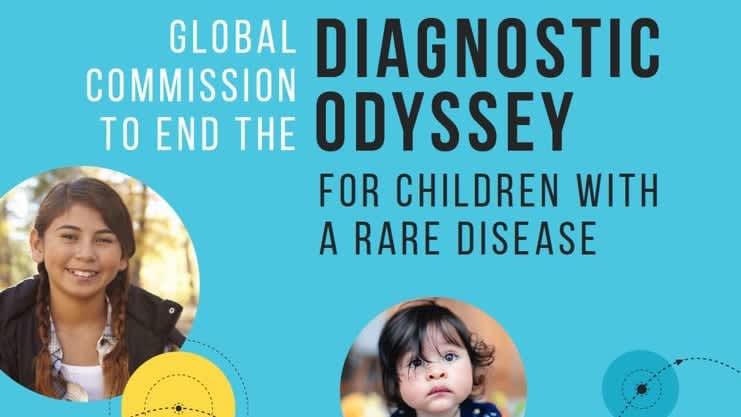Transforming Rare Disease Care | Takeda Pharmaceuticals
Rare Diseases

We are committed to activating meaningful change for the rare disease communities we serve.
We work tirelessly to support patients on their journey by improving the standard of care, accelerating time to diagnosis and breaking down barriers with value-driven partners to increase equitable access – because rare disease patients and their caregivers deserve answers and a path forward to a brighter future.
We aspire to transform the treatment of rare diseases for difficult-to-diagnose rare diseases with high-unmet need across our hematology, immunology, lysosomal storage disorders (LSD), transplant, plasma-derived therapies, neuroscience, gastrointestinal and inflammation portfolios. Helping improve patient outcomes is at the core of what we do, and why we're focused on clinical studies, programs and services to support the rare disease community.
Rare Hematology and Hemostasis
We have worked alongside the hematology community for more than 70 years and together, we seek innovative ways to improve the standard of care, including early diagnosis, protection against bleeds and personalized care. We are well-prepared to meet patients’ needs today and in the future, as we pursue advancements for people with blood and bleeding disorders.
Disease areas
- Hemophilia
- Von Willebrand Disease
- Thrombotic thrombocytopenic purpura
Rare Immunology
Underscored by decades of innovation and experience in advancing medicines in allergy and immunology, we’re dedicated to partnering with the community and prioritizing the evolving needs of rare immunology patients. We seek to personalize care for individuals living with various rare angioedema, immune-mediated and primary immune deficiency diseases by addressing their unmet needs with our existing medicines and clinical development pipeline.
Disease areas
- Hereditary Angioedema (HAE)
- Immune Deficiency Diseases
- Rare Autoimmune Disorders
- Hypoalbuminemia and Hypovolemia
- Severe Congenital Protein C Deficiency
- Prothrombin Deficiency
- Alpha-1 Antitrypsin Deficiency (AATD)
- Eosinophilic Esophagitis (EoE)
- Chronic Inflammatory Demyelinating Polyneuropathy (CIDP)
- Multifocal Motor Neuropathy (MMN)
Lysosomal Storage Disorders (LSD)
Our strong legacy in LSD is guided by our patient-first approach, ensuring each patient we serve is valued and supported during their journey. We are committed to helping reduce the amount of time between the symptom onset and diagnosis and increasing equitable access to care. Because symptoms can vary and progress differently from person to person, we aim to empower patients, health care professionals, caregivers and impacted communities with comprehensive support and resources to meet their evolving needs.
Disease areas
- Hunter Syndrome
- Fabry Disease
- Gaucher Disease
Post-Transplant Cytomegalovirus (CMV)
Our commitment to the transplant community is backed by our deep understanding of the complexities of managing post-transplant CMV infection. We are dedicated to supporting endeavors in post-transplant care and seek to translate the community’s needs into science that helps CMV patients preserve and improve life after transplant.



